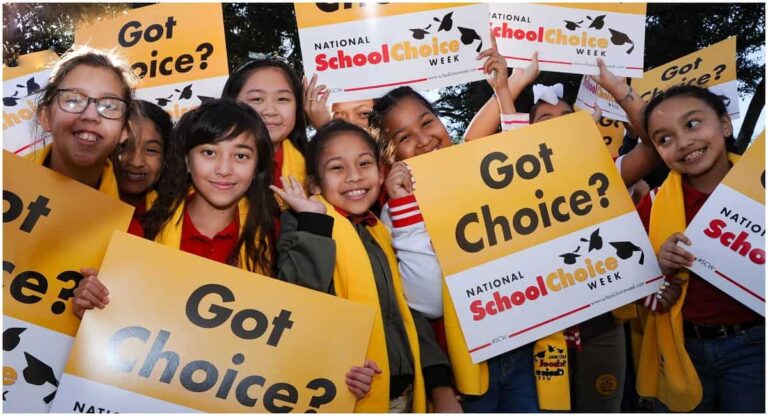
Wisconsin’s public school leaders are marking the beginning of Public Schools Week with a new op-ed that tries to explain what public schools are.
The piece from Department of Public Instruction Executive Director of Equity and Inclusion Demetri Beekman begins with an anecdote about a student who thanked a teacher for being the only one who remembered the student’s birthday, and goes on to highlight the connections that public schools in Wisconsin can foster with students.
“Those are the moments I live for as an educator,” Beekman wrote. “The moments of connection. The moments of celebration. The moments that say, ‘I see you, I hear you, I believe in you.’ Because I know those moments build a culture of inclusion, inclusion creates a community of opportunity, and opportunity makes it possible for our students to find their purpose and realize their hopes and dreams.”
The op-ed continues.
“Public schools are for everyone because they are where hopes and dreams come alive, where educators connect with every learner, where everyone feels safe and where students and educators alike can learn about and with people who are different from themselves,” Beekman added. “All of that sounds rather serious and very important, and it is, but public schools are also places of laughter and joy; if you can’t laugh with kids, then you are missing out on some great learning opportunities.”
Jim Bender, one of Wisconsin’s longest and strongest supporters of school choice, said Beekman’s ode to public schools left a few things out.
“There are 500 words in this column and yet ‘read’ and ‘math’ are nowhere to be found. Before we make any other policy decisions in Wisconsin, or celebrate our institutions, we need to all agree that teaching kids both reading and math are the top priorities for all schools and for all kids,” Bender told The Center Square.
Test scores show most kids in Wisconsin cannot read or write at grade level. The latest national report card, the National Assessment of Educational Progress, shows nearly two-thirds of Wisconsin kids are not reading as they should be.
The report card stated back in November of last year that just 33% of 4th graders and and just 32% of 8th graders are proficient in reading.
Bender said DPI cannot continue to ignore the lack of reading and writing, no matter the connections that teachers build with students.
“Without those basic tools for all of our children, everything is else is just window dressing. Wisconsin continues to rank at or near the bottom for children of color for academic success. We should hold off on the celebration until our children can read,” Bender added.